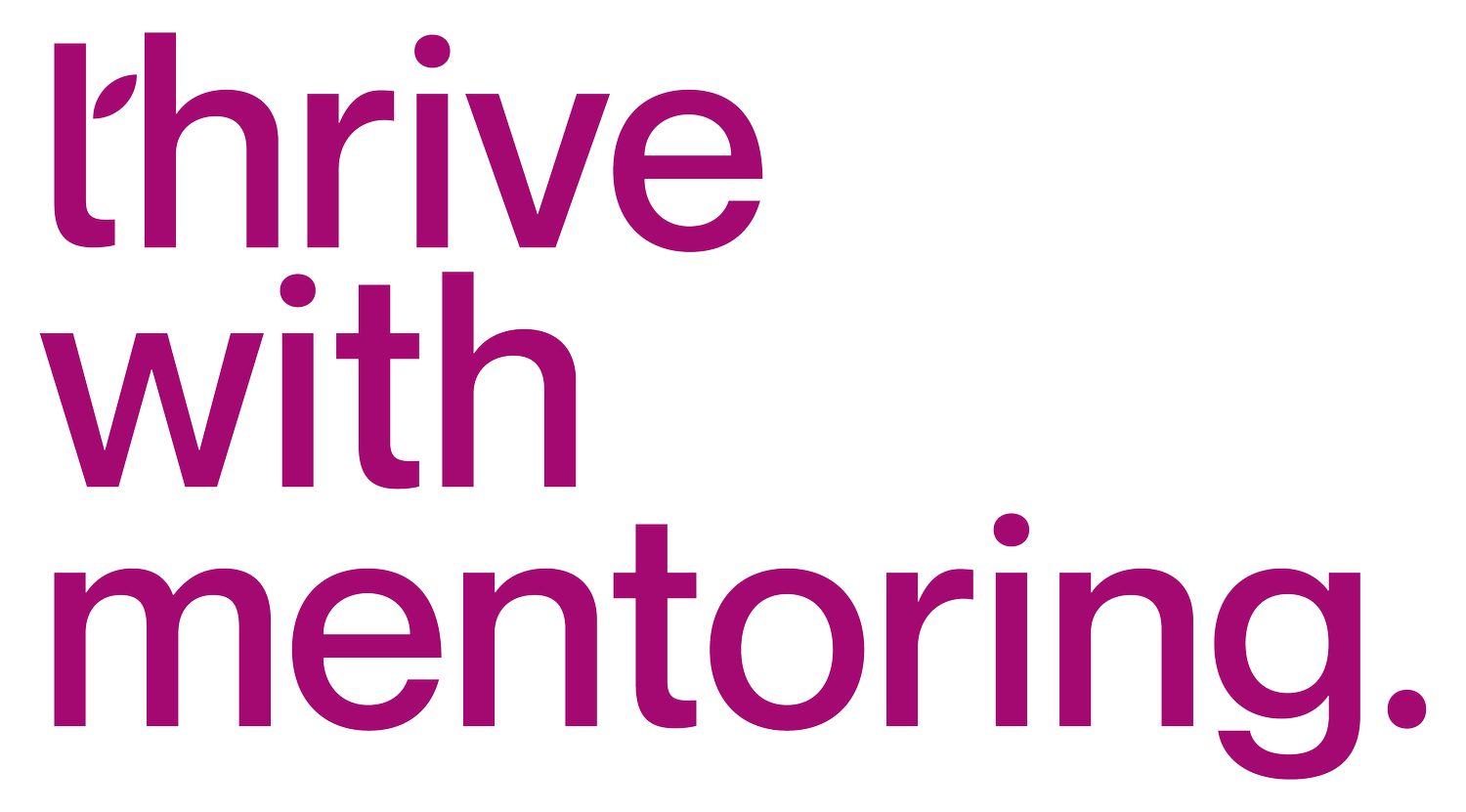5 Behaviours that Constitute the Code of Honour for my Mentoring Relationships
On a Facebook post by my niece, I came across somebody referring to her as “bro”. Call me old fashioned, but I thought bro was used in the male context. I texted her and she said “Aunty! Bro has nothing to do with gender, its about the culture”.
Woah!
It’s a culture that you ascribe to and want to be a part of. Simple enough. And also tough to really get if you don't belong.
I have been exploring the idea of a #Code of Honor for teams and how having a co-created and explicit code can make the difference between a mediocre and a high performing team. And how this #COH probably needs to be revamped now that we are working virtually.
Which made me wonder about the Code of Honour in mentoring relationships. Could that be the differentiator between the good and the great relationships, those that thrive vs those that fizzle out?
in mentoring relationships. Till now it has all been rather unsaid and we tend to make up the rules as we go.
I don't mean the simple ways of working about who cancels the meeting and by when and how. I am more interested in the usually unsaid norms that impact mentoring relationships far more than I would like to admit. The great thing is that they are a two-party thing. It’s not only my expectation of the mentee but also the mentee’s expectation from me.
1. INTENT. CONTENT. CONTEXT.
When I listen to my mentees, this is what goes through my mind.
What are they saying?
Why are they saying it like this? Is there a question in there for me?
How does this tie back to what I know of the mentee?
As I start the relationship, I let them know that this is a commitment to learning more about themselves and sometimes through my prism.
2. I BELIEVE THAT GIVEN THE RIGHT STIMULI EVERYBODY CAN GROW, TRANSFORM AND SUCCEED.
My role is to create that safe environment where the mentee doesn’t feel the need to ‘perform’. One of the most essential parts of this agreement is that there is no reason to 'posture' and show me a 'more polished' version of themselves.
One of my mentees asked ‘Do you like me?’
Can you imagine the courage it must have taken to phrase that question and put it out there?
I kept it simple and said truthfully that I did. I like the person that she was and also the one that she’s gearing up to be.
3. NO CELL PHONES, NO EMAILS, NO SOCIAL MEDIA - INCOMMUNICADO WITH THE REST OF THE WORLD DURING OUR SESSION.
This is a no brainer. It’s overwhelming how much space we have for our thoughts once we switch off from the constant influx of content from all around us.
It has become tougher in COVID because you are connecting digitally, but I suggest respectfully always to only have that one window open on their laptops. Everything else has to be closed. Not minimized, closed. And more importantly, I do the same.
4. ACCOUNTABILITY MECHANISMS
I use a simple accountability mechanism to ensure we stay on track. My mentees need to complete a short 4 questions template to reflect back on what were their learning objectives, what did they learn - what was the most impactful contribution I made and most importantly what behavioral experiments are they going to try?
5. I DON’T KNOW
This is the best place to hide I believe. In my mentoring sessions while there is a lot of empathy for ‘I don’t know’, there is a lot of homework too to find out what you need to know. 'I don’t know' is a great conversation starter. And I keep it so.
At times I dish out an ‘I don’t know’ too; followed by ‘you tell me’.
These are the top 5 tenets of the Code of Honour that help both the mentee and the mentor feel comfortable with and also challenged by No real transformations have ever happened if people have continued to be merely comfortable with all around them.
A code of honor ensures that while there is space to grow and think, there is also the clarity of expected behavior. And behavior is the root cause of a good compared to a fabulous mentoring relationship.
